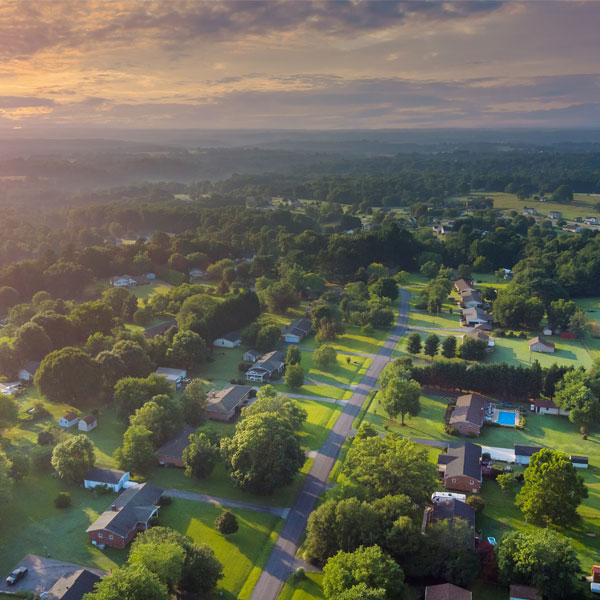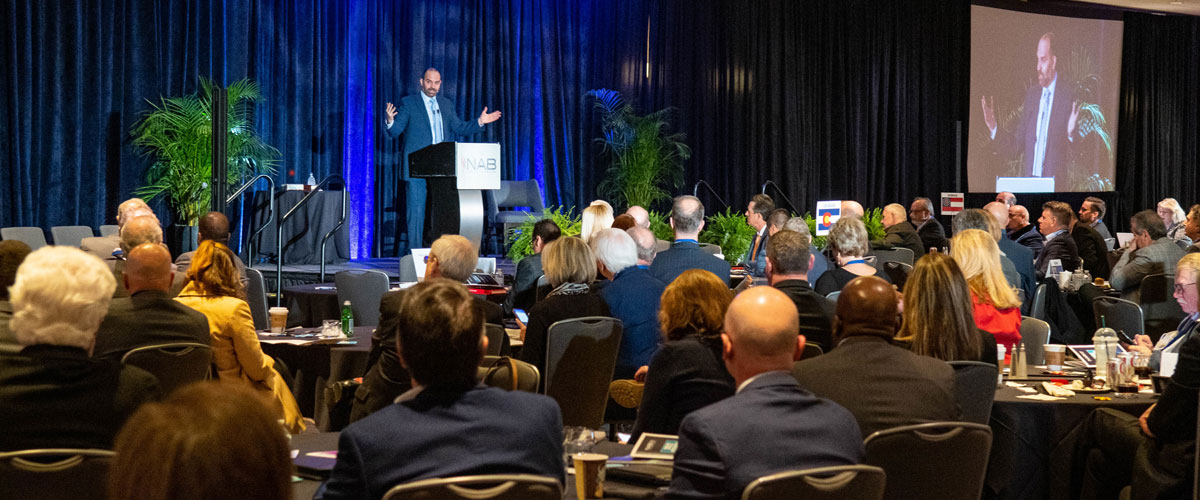
In August 2022, NAB reached its goal of having a majority of the House of Representatives (218) cosponsor the Local Radio Freedom Act (LRFA), a resolution that opposes a performance tax and recognizes the critical role local radio plays in every community. In the Senate, the cosponsor list stands at 28 for the LRFA Senate companion.
Grassroots and congressional support of the LRFA once again demonstrated that local radio is a vital source of news, entertainment and emergency information for communities.
Broadcasters rallied around the bipartisan Journalism Competition and Preservation Act (JCPA), introduced by Sens. Amy Klobuchar (MN) and John Kennedy (LA) and Reps. David Cicilline (RI-01) and Ken Buck (CO-04).
NAB is grateful for these legislators' efforts to promote and strengthen this bipartisan bill that would allow broadcasters and other news publishers to jointly negotiate with dominant digital platforms regarding the terms and conditions by which their content may be accessed online.
This legislation represents a targeted, practical solution to the dangers Big Tech's dominance presents to local journalism.
In December, the NAB-supported Low Power Protection Act passed both the Senate and the House of Representatives, and was signed into law by President Biden on January 6. This legislation will provide an opportunity for low power television stations operating in the smallest markets (markets 189 and smaller) to be eligible for Class A status and ensure their continued service into the future.
This legislation enables innovation and local investment for the low power television stations that serve the millions of Americans living in small and rural markets.

NAB continued to strongly support legislation to establish tax incentives providing much-needed relief for local newsrooms. This tax credit was derived from a bill, the Local Journalism Sustainability Act (LJSA), introduced by Sens. Maria Cantwell (WA), chair of the Senate Commerce Committee, Ron Wyden (OR), chair of the Senate Finance Committee, and Mark Kelly (AZ).
Providing a tax credit for the hiring and retention of local news journalists would help stabilize local newsrooms during a time when these local outlets are facing the economic impact of advertising dollars going to massive technology platforms.
In 2022, the House passed legislation that included a provision prohibiting the FCC from punishing broadcasters who accept cannabis advertising for medicinal or adult recreational use in states where cannabis use has been legalized.
For too long, local broadcasters have been stuck in regulatory purgatory because of conflicting federal and state cannabis laws. Broadcasters should receive the equal treatment for cannabis advertising that many other forms of media have enjoyed for years.
Due to NAB's aggressive advocacy on this issue, the FCC's proposed 13% increase in broadcast regulatory fees for Fiscal Year 2022 was cut almost in half, saving stations approximately $2.3 million from the original proposal.
Overly burdensome regulatory fees jeopardize local broadcasters' ability to provide local news, emergency information and community service to millions of Americans.
NAB continued to raise serious concerns about GeoBroadcast Solutions' (GBS) proposal urging the FCC to allow FM broadcasters to use proprietary GBS's FM booster system design ("ZoneCasting") to location target different programming to different parts of their service areas.
ZoneCasting threatens local radio stations' ability to provide emergency news and information, their financial viability and signal quality and will result in the inequitable treatment of listeners.

In July, in response to NAB's advocacy, a federal court vacated the requirement that radio and TV broadcasters search federal government databases for information on entities leasing airtime to comply with the foreign sponsor ID rule. The court agreed with an NAB petition that the FCC lacked authority to adopt the requirement.
The decision removes a significant burden on radio and television stations while continuing to ensure the transparency of broadcasters' support in program sponsorship.

Hundreds of local broadcasters from across the nation gathered in Washington, D.C., for NAB's annual State Leadership Conference in February to learn about the policies impacting the broadcast industry and to advocate on key legislative and regulatory issues.
Highlights included:
"Our competitive advantage, and the reason that we continue to win issue after issue of importance to the broadcast industry, is all of you," said NAB President and CEO Curtis LeGeyt during his remarks at the event. "When members of Congress are home, and now in Washington, D.C., you deliver the message that this is not just some abstract piece of legislation; it is one that impacts their constituents."